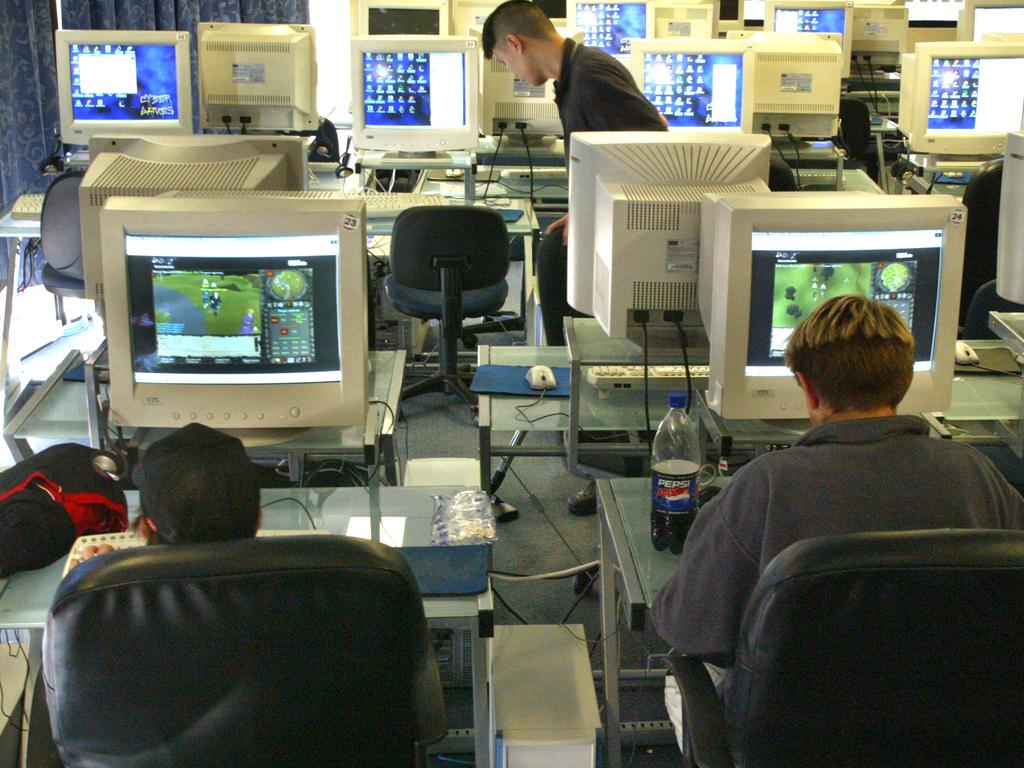China tension, investment could hit junior miners
Australia’s junior mining sector has warned about what could cripple the sector’s future.

Australia’s junior mining sector has warned the worsening relationships with China and the federal government’s crackdown on foreign investment could cripple the sector’s future amid a boom in exploration spending that has yielded some of the richest finds in a generation.
Spending on minerals exploration has boomed over the last year despite the coronavirus crisis, as strong iron ore and gold prices spurred a new wave of drilling, along with a the mooted boom in copper and nickel when the global governments turn to infrastructure spending and decarbonisation efforts to stimulate world economies to recover from the pandemic.
Spectacular discoveries have been made by junior explorers such as Stavely Minerals and Chalice Gold Mines, existing smaller producers such as Alkane Resources and majors such as BHP, Rio Tinto and Newcrest Mining. All are at relatively early stages now, but appear likely to turn into Australia’s next wave of mine developments over the new few years.
But, while Australia has played host to a spectacular run of resource discoveries over the last two years, the peak body for the sector has warned the progress in further developing the country’s industry is at risk from dire relations with China and from proposed changes to foreign investment rules that may stall investment in mine development.
Federal treasurer Josh Frydenberg announced in June that changes to the way the Foreign Investment Review board looked at proposed investment in Australian assets, introduced as a temporary measure in the wake of the first wave of the pandemic, would become permanent from January 1, 2021.
The changes include compulsory FIRB review for any transaction which may have “national security” implications, and give the Treasurer the power to unwind transactions even if they are initially approved by the FIRB.
While they apply to all inbound transactions, they have been seen as targeting Chinese investment in Australian infrastructure and telecommunications. But the temporary measures have also attracted criticism from the mining sector after a number of transactions – including the sale of a lithium project in Mali owned by an ASX-listed company, and Chinese investment in a rare earths project in WA – were knocked back by the review board.
Association of Mining and Exploration Companies chief executive Warren Pearce told the Senate Economics Legislation Committee on Wednesday the FIRB rules could stall the federal government’s stated ambition of growing Australia’s production and refining of so-called critical minerals – including rare earths, battery minerals such as lithium and cobalt, and major commodities such as copper.
“The reality is that most of these projects will require foreign investment and offtake agreements with overseas customers to be viable. For these projects to incorporate and develop downstream processing will also likely require international partners, bringing technical expertise and intellectual property, as well as further investment,” he said.
“Growth in this sector could be further restricted by these reforms and FIRB has already shown a willingness to reject applications for investment in companies exploring or developing critical minerals projects.”
Mr Pearce said it was not clear to the sector what test would be used by the FIRB to determine which projects or potential buyers were subject to national security considerations for transactions.
“Under the proposed provisions and broad definitions, all transactions could be subject to review regardless of their actual or implied threat to national security,” he said.
“We have serious concerns that these reforms and approach will lead to the rejection of foreign investment where there is merely a perceived, but no actual threat, to national security or national interest. And the unintended repercussions their application will have on our industry, and more broadly, Australia’s economy.”
Combined with existing trade tensions with China, Mr Pearce warned the FIRB reforms could deter investment from Chinese companies that have shown far more appetite for investing in smaller and riskier mining plays than funds and companies from established players in the US and Europe.
“These foreign investment reforms cannot be divorced from our current trading relationships. Whether or not Australia is seen as a destination the welcomes and supports foreign investment from other countries, especially our major trading partners, will impact upon these trading relationships one way or another,” he said.
Mr Pearce said he believed the situation was similar to Japanese investment in the resources sector that helped develop the Pilbara as the world’s biggest iron ore province from the 1950s, also politically controversial at the time.
“This investment was then especially contentious, coming at time, not so far removed from the second world war. Today, most Australians would rightly recognise the value that these investments have ultimately delivered to our country,” he said.
“I believe in the decades ahead Australia will come to see Chinese investment in our country in much the same way, and recognise the significant contribution that these investments are now making to our ongoing development and prosperity.”






To join the conversation, please log in. Don't have an account? Register
Join the conversation, you are commenting as Logout